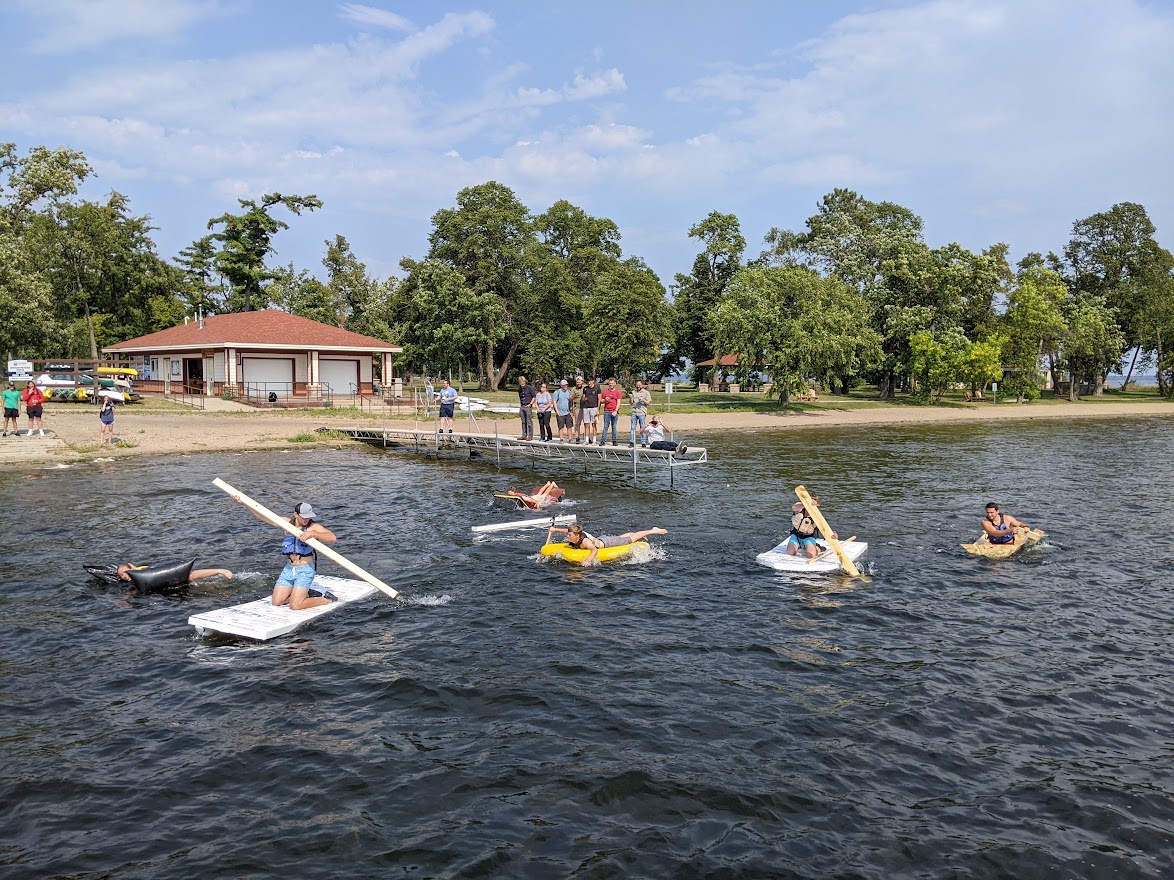Students earning their bachelor’s degree in Engineering Technology are called Technologists. They are specialists dedicated to the development, design and implementation of engineering and technology.
If you are a “hands-on” type of individual, someone who may have taken small engines or machine shop in high school, who likes tinkering on their snowmobile or ATV on the weekend, then Engineering Technology is for you. Engineering Technology students learn more through hands-on training opposed to theory alone. They spend an extensive amount of time in the School of Technology, Art & Design’s thirteen labs where the focus on analyzing, applying, implementing and improving products and technologies.
Product design, testing, product development, systems development, field engineering, technical operations and quality control are all common positions for engineering technology graduates.
“I stress to my students that we can learn from not only our own failures, but those of others as well. In the engineering field we solve problems as teams, so being able to work with others on projects is a skill students need to be the best they can be in their careers.”
— Dr. Michael Lund
Associate professor of Technology, Art & Design
Engineering Technology deals with the same topics as engineering, but the knowledge is more applied, as opposed to theoretical knowledge. Engineering Technology focuses on algebra, trigonometry, applied calculus and other courses that are more practical than theoretical in nature. Engineering programs require advance level math and calculus as well as theory-based science courses. Once they enter the workforce, engineering graduates typically spend their time planning, while Engineering Technology graduates spend their time making plans work.
For more information on the courses in this program, visit the course catalog.

